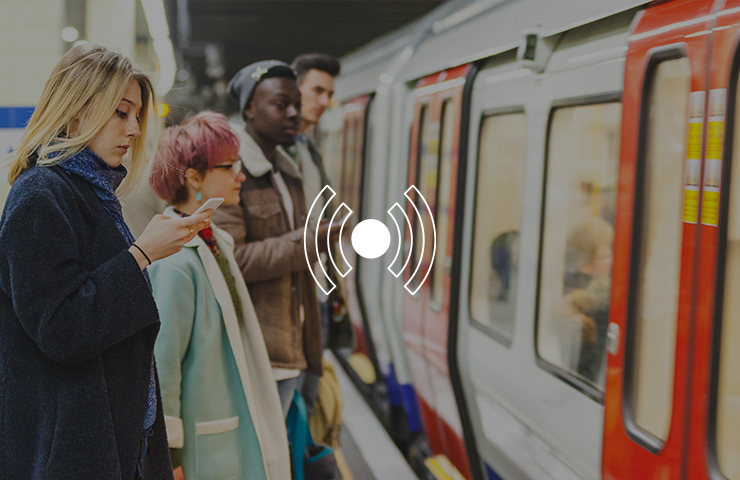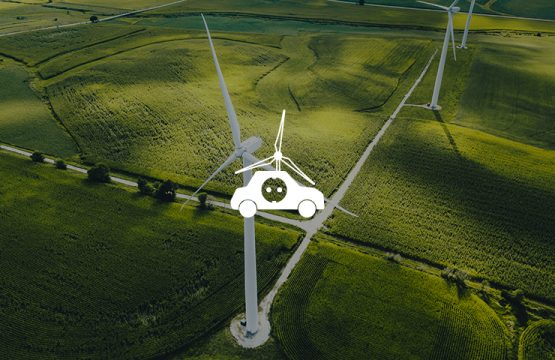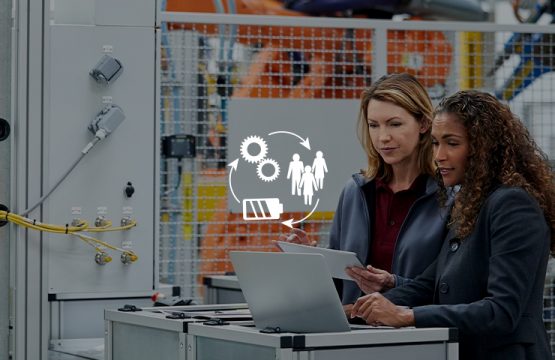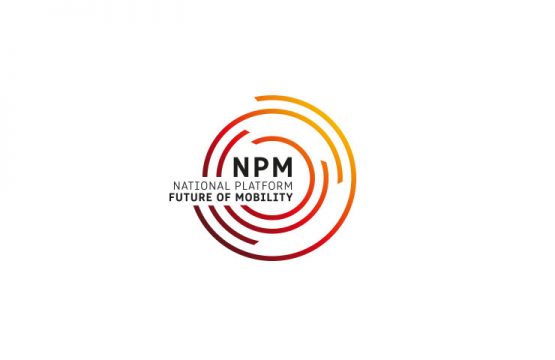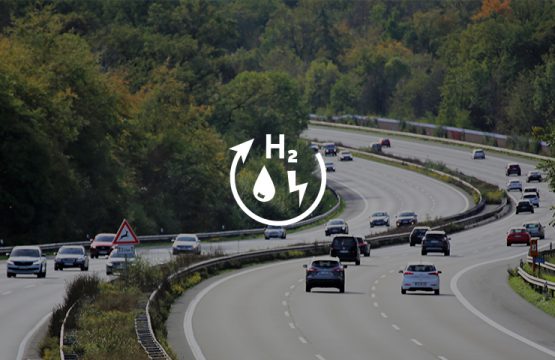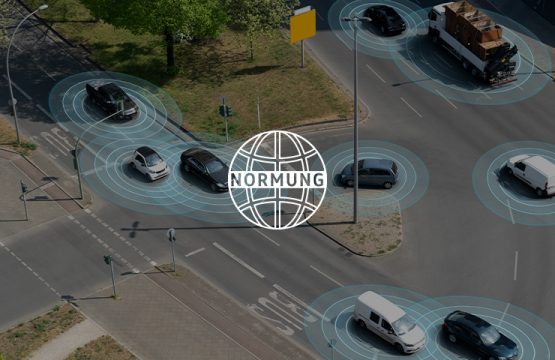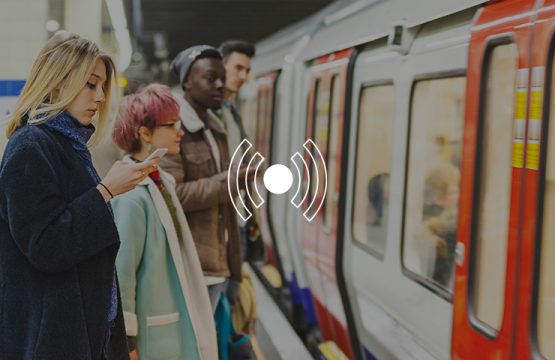- The type approval process for automated vehicles is to be modernised. In the short term, clear rules for special permits are to be created.
- The provision of high quality static and dynamic infrastructure data will speed up the launch of automated driving features. The introduction of consistent standards for the exchange of mobility data is vital and in fact, the only way to achieve a simple and far-reaching network of vehicles and their integration into a mobility ecosystem.
- The legal framework including the Law on the Transport of Persons is to be refined to enable autonomous driving and driverless passenger transport.
- The digital transformation of mobility and in particular automated and connected driving need to be subject to public participation.
Autonomous driving is an important building block of a futureproof mobility system. The second interim report of working group (WG) 3 “Digitalisation for the mobility sector” describes the necessary actions to ensure a successful and timely launch of automated and connected driving and its integration into a multi- and intermodal mobility system. The report further identifies the four vital areas for action mentioned above which require the result-oriented and concerted co-operation of stakeholders in industry, politics and civil society at federal, regional and local levels in order to achieve their efficient implementation by 2025 and 2030.
“The actions recommended in the report lay down clearly where the current challenges lie when it comes to implementing autonomous and connected driving. It is particularly important to create the necessary technological basis in the fields of infrastructure, network, and carrier approval. WG 3 will carry out field tests and optimise real digital innovations. In this way, we can start shaping the future of mobility today”, explains Klaus Fröhlich, member of the board of management of BMW AG, Development, and head of NPM’s WG3.
Digitalisation, connectivity and automation bring profound changes to automotive value chains as well as to the mobility system of the future. Automated and connected vehicles handle routine tasks for drivers, increase road safety, offer new opportunities and choices in public transport and can play their part in increasing transport efficiency and in reducing environmental effects. New areas of technology and skills are being linked to the traditional areas of car manufacturing, mechanical and electrical engineering. In this context, autonomous vehicles are important carriers of technological applications and basic innovations such as artificial intelligence and Cloud-Computing, the development and testing of which can also bring huge benefits to other sectors. In short, automated and connected driving are drivers of change.
The interim report of WG 3 can be downloaded on www.plattform-zukunft-mobilitaet.de.
About NPM – National Platform Future of Mobility
The National Platform Future of Mobility brings together experts in the fields of politics, the private sector, associations, research institutes and NGOs to develop visions for sustainable, environment- and climate-friendly, affordable and competitive mobility in Germany. Presided by Prof. Dr. Henning Kagermann, six working groups develop intermodal guidance to politicians, businesses and society in a technologically neutral way.
Contact:
Alexandra Huß
Special Advisor on Communications
Office of the Chairman, National Platform Future of Mobility
huss@acatech.de
+49 (0)30 / 206 30 96 86
+49 (0)160 / 714 93 25
